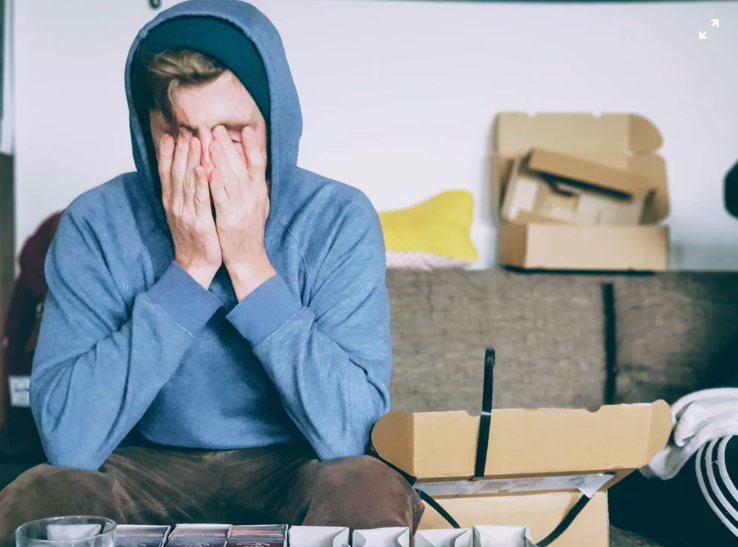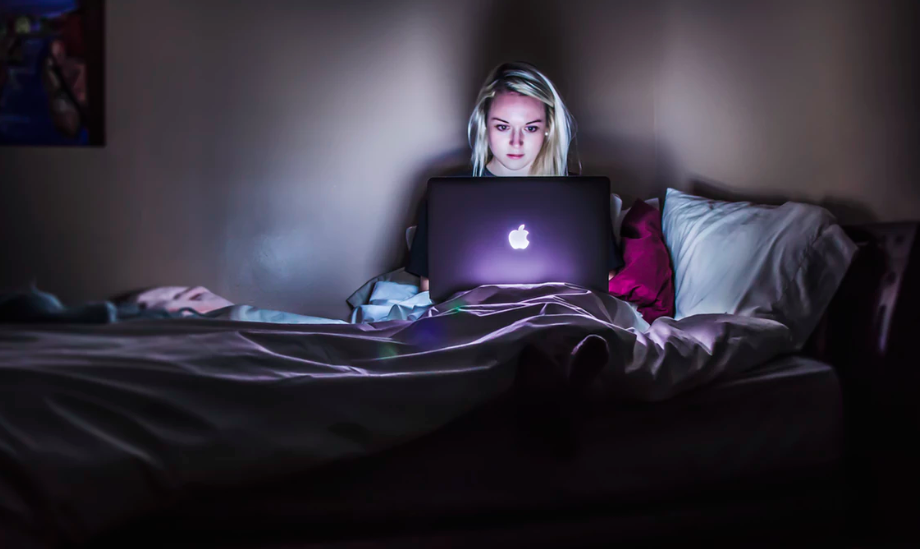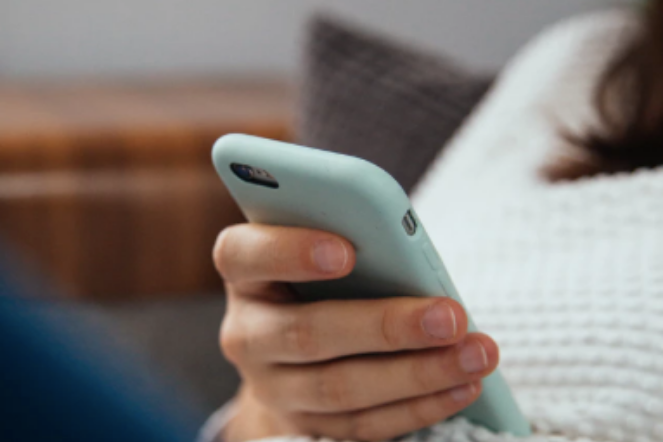I immediately think of millennials when I think about anxiety, stress and overall un-happiness. But why is that? Why are millennials getting this negative reputation? The constant need for ‘likes’ and acceptance on social media? What about the fact that we don’t even leave the house when we have Netflix, Uber-Eats, and the ability to work and study from our laptops?
Are millennials’ mental health problems on the rise, or are we simply being misdiagnosed and prescribed medication under a generalised umbrella of “just another depressed millennial”? Millennials have been branded as “the most anxious generation”.
Anxiety rears its ugly head in many forms. It can generally be described as a feeling of being worried or nervous about the future, or looming uncertainty in general; which most 20-somethings can relate to feeling. Anxiety becomes a serious ailment when it prevents us from carrying our daily tasks and maintaining our physical and mental health. According to BeyondBlue, “many people with anxiety experience symptoms of more than one type of anxiety condition, and may experience depression as well. It’s important to seek support early if you’re experiencing anxiety. Your symptoms may not go away on their own and if left untreated, they can start to take over your life.”
Uncertainty and the fear of our unknown futures – like career paths, relationships and finances – leads us to believe we all are a little bit anxious about what our futures are. Maybe that’s why they say the 30’s are far better when you “have your shit together”. According to Fortune:
“70% of those between the ages of 18 and 29 experience social anxiety, more than any other age group. Out of young adults who felt stress in a social situation, 51% of them say they depend on social media to get them through the holiday celebrations, while 45% of them say it’s their smartphone that’s their go-to hiding place.”
Many factors come into play when we see the staggering statistics. For example, these ample new causes adding to millennials’ stress are technology, social media, change in environment, political climate, and the amount of debt we are raking up with the uncertainty that we will ever be able to afford a house. Yeah, that’s right 50 somethings – it’s not all our avocado toast and champagne problems; we are genuinely stressed out about our futures and it’s time people started giving a fuck about our mental health.

Social Anxiety
Jokingly, I’m sure all of us have said at one point or an another that they’ve dealt with social anxiety. Either when giving a presentation and dealing with public speaking or walking into a room full of strangers. There’s a difference when distinguishing between an uncomfortable or awkward situation and having social anxiety. BeyondBlue describes social anxiety as, “a person (who) has an intense fear of being criticised, embarrassed or humiliated, even in everyday situations, such as speaking publicly, eating in public, being assertive at work or making small talk.” Just because you get uncomfortable sometimes in social situations, it doesn’t necessarily mean you have social anxiety. HelpGuide.org identifies the differences as, “negative thoughts and beliefs that contribute to their fears and anxiety.” These can include thoughts such as:
“I know I’ll end up looking like a fool.”
“My voice will start shaking and I’ll humiliate myself.”
“People will think I’m stupid”
“I won’t have anything to say. I’ll seem boring.”
Challenging these negative thoughts is an effective way to reduce the symptoms of social anxiety.
If you find yourself experiencing these thoughts, talk to your GP about chatting with a therapist and working on opening yourself up in social situations. Be aware, listen to people around you, breath, and challenge your negative thoughts. Some of the best advice I’ve ever been given is “everyone else is too worried about themselves to care about you making a fool of yourself.” Which in hindsight is so true in our self absorbed society.

Social Media
Social media aids to the fact that we can’t shut off our damn brains. We’ve been conditioned to think that the text bubbles on our screens is an actual form of communication! Snapchat, and Insta stories have made it so easy to check up on what our friends are up to on a daily, or even hourly, basis. “Wait, Stacey’s having a party tonight, I wasn’t invited to that? Who’s there, I bet Michelle and Alexa showed…” This internal dialog is toxic as you continue to anxiously check up on every possible person you think could be at whatever event you’re “missing out on”.
‘FOMO’ or ‘the fear of missing out’ seems to be one of the main causes for a lot of millennials’ anxiety. A lot of people just want to be part of the crowd and be able to post their Instagrams of “how lit” the party was, when in reality they had a shit time and wish they never left home in the first place. But here we are scrolling through the fake happiness pill we’re forced to swallow that is social media. Where everyone is perfect and fucking miserable at the same time. We’re our own worst enemies when we scroll through these pseudo personas people create online. And we’re all guilty of it! How many selfies are on your camera roll right now before you chose the “perfect” one to post? How many photo filter apps do you have to edit and match your “Instagram aesthetic”? We’re creating our own virtual reality of misery, and we have no way of escaping it other than being aware and pulling back from the madness.
Fear of Failure
Our parents will probably never let up on how hard their lives were when “they were our age”, and “how easy life is” for millennials. I feel like we have kind of impossible expectations set upon us because the world see’s millennials as the privileged generation that never really had to work for what they have. The fear of failure is instilled in us because of the baby boomer generation barking down our throats telling us to take the privilege we have and turn it into gold. What do they expect from us when we’re all struggling financially with student debt, poor workplace pay, and the inability to afford our own homes? On top of that we’re being told we’re just whiney, entitled, lazy brats!
The time has come for millennials to speak up and take action to better our minds and mental health. Creating an open community for free discussion about our worries and our uncertainty about the future can really help others see they are not alone! Our 20’s are full of uncertainties and anxiety about what our futures will bring. We need to find a way to help lift each other up and support one another with positive change.
If you find yourself in need of someone to chat to there are people out there to listen and help.
Reach out and speak up. Beyond Blue’s 24/7 hotline is: 1300 22 4636.

